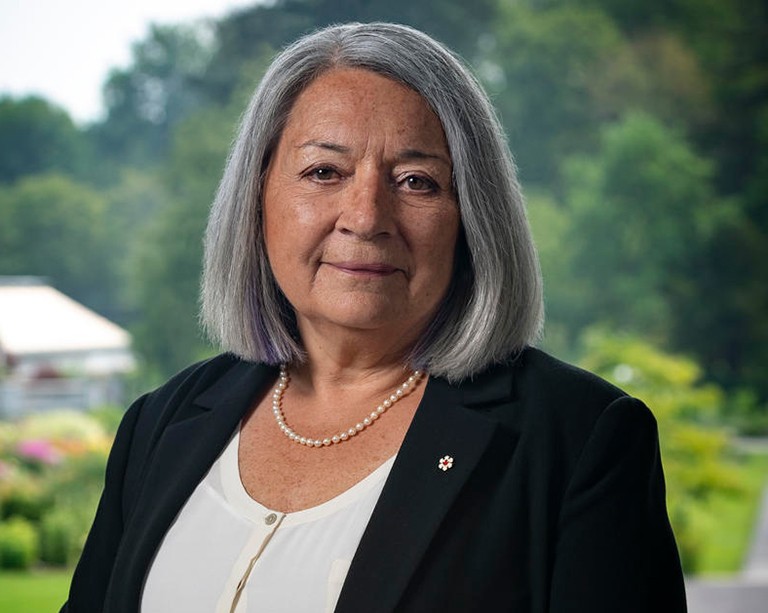Queering the Map comes to Concordia’s 4TH SPACE

Imagine, if you will, an online map of the world that displays a collaborative archive of 72,000 queer memories.
Each point on the map leads to a personal story of joy, pain, discovery, resistance and everything in between — in 23 languages.
Queering the Map was created by Lucas LaRochelle, a student in Concordia’s Department of Design and Computation Arts. Starting July 16, Concordia’s 4TH SPACE is hosting 10 days of programming related to the cartography project.
Queering the Map: ON_SITE includes workshops, performances, a publication and an exhibition that "translates the virtual world of Queering the Map into a physical location."
The site-specific project emerged in collaboration with the Beyond Museum Walls Curatorial Residency program, hosted at the Curating and Public Scholarship Lab.
In a bid to encourage a “collaborative, messy and contradictory curatorial vision,” the organizers of Queering the Map: ON_SITE invite visitors to contribute to and alter the exhibition by interacting with the stories on the map that most resonate with them.
‘A world animated by queer past and present’
LaRochelle began the project during an artist residency in the Fine Arts Reading Room.
“I started to imagine what it could be like to move through a world animated by queer past and present, and how that could inform the future,” they explained. “All of these stories become part of a collective experience, a collective entity that is this platform.”

A viral hit becomes a target
In February 2018, just a few short months after going live, Queering the Map went viral. Six hundred points quickly became 6,500 points in three days. New contributions came in from multiple countries, in many languages. The Outline, CBC, Vice’s Broadly and CityLab all covered the project.
The site’s popularity soon made it a target for alt-right hackers, who added malicious JavaScript code to the site. It caused pro-Trump pop-ups to appear when users clicked on stories.
LaRochelle had to take the site down until a community of queer coders offered their help to make it more secure.
Submissions are now monitored, but the criteria for moderation is still very open.
“It has solidified the value of accessible, community-based art practice for me,” said LaRochelle. “It’s amazing being able to move through this digital world bearing witness to the stories of so many other people.”
Digital self-defence, dance classes + more
The 4TH SPACE programming includes a host of different workshops and performances.
A class called Encrypt Your Nudes promises to help “members of marginalized communities develop self-defence tools to improve their own safety and privacy on the web.”
Another session, led by curator and digital theorist Neema Githere from Nairobi, Kenya, invites participants to think about radical love as technology. Later during the 10-day program, visitors can participate in a dance class focused on queer bodies and bodies that love them.
There are also sessions covering counter-cartography through beadwork, mapping desire through movement and self-reflection through hip-hop. Visit the 4TH SPACE program page for all the details.
Queering the Map: ON_SITE is supported by a Social Sciences and Humanities Research Council (SSHRC) Connection Grant, the Sustainability Action Fund and the Concordia Student Union's External and Mobilization Committee Fund, as well as the Fonds de recherche du Québec - Société et culture.
Find out more about Concordia’s 4TH SPACE.


